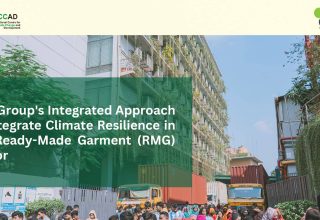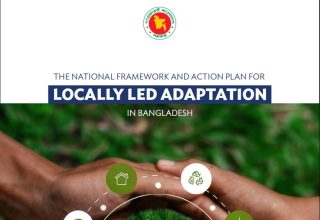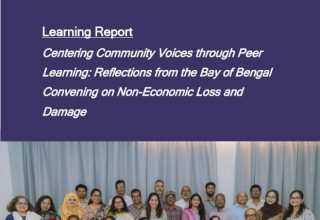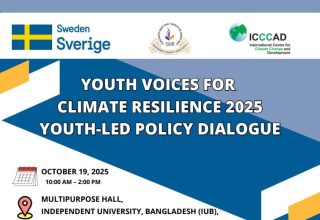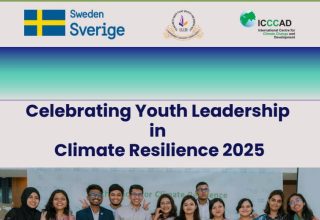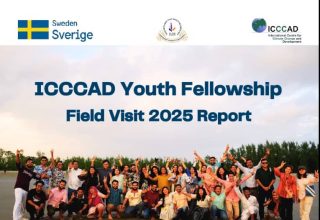
Last week the Global Facility for Disaster Reduction and Recovery (GFDRR) meeting was held in Geneva, Switzerland with more than 4,000 delegates from all over the world and many different stakeholders including government, UN agencies, private sector, civil society, women’s groups, indigenous peoples’ groups, youth groups, groups related to people with disabilities, and many others.
I had been invited to chair a session and to look at synergies between Disaster Risk Reduction (DRR) and Adaptation to Climate Change (ACC). It was my first time at the GFDRR event and I was struck by the contrast with the Conference of Parties (COP) under the United Nations Framework Convention on Climate Change (UNFCCC) which I am used to attending. The big difference between the GFDRR and the COP was that the former did not involve any formal negotiations, whereas the COP involves highly tense negotiations between governments which often go into the night and leave everyone exhausted and in a bad mood!
At the GFDRR, there were many different events in plenary and in parallel on a variety of different topics and they were aimed at maximising sharing knowledge and experience and allowing everyone to have a say including non-governmental participants. The whole spirit of the weeklong series of meetings was friendly.
I also noticed how it has become normal for the DRR groups who are under the umbrella of the Sendai Framework on DRR to now accept the need to recognise and include not only ACC along with DRR but also Sustainable Development Goals (SDGs). This is indeed a very positive development which I found very refreshing.
I was pleasantly surprised by how significant the presence and roles of Bangladesh as a country and Bangladeshis as speakers and panellists were. This included both government and non-governmental representatives: my colleague Shaila Shahid who, during the opening session, spoke on behalf of major groups; Saima Wazed (Putul), the prime minister’s daughter; Dilruba Haider from UN Women; Farah Kabir from ActionAid Bangladesh who is the chair of the Global Network on DRR; and many more.
There were two distinctions, namely the presentation of the Dhaka Declaration by the Bangladesh government that came out of the meeting of the Platform on Disaster Displacement (PDD) hosted a few weeks ago in Bangladesh and the prize for cyclone-resilient housing won by Nandan Mukerjee of BRAC University.
It was indeed extremely pleasing to hear everyone citing Bangladesh as a leader in DRR as well as to see so many individuals from Bangladesh playing a prominent role and speaking up.
Finally, there is a great opportunity for Bangladesh, including the government and different non-governmental stakeholders, to build on the success that has been achieved in disaster risk reduction through a whole-of-society approach and replicate it in the field of adaptation to climate change going forward. I am confident that we will be able to do so.
Originally this article was published on May 22, 2019 at Daily Star. The author Dr. Saleemul Huq is the director of the International Centre for Climate Change and Development (ICCCAD) at the Independent University, Bangladesh (IUB).
Email: saleemul.huq@icccad.net






